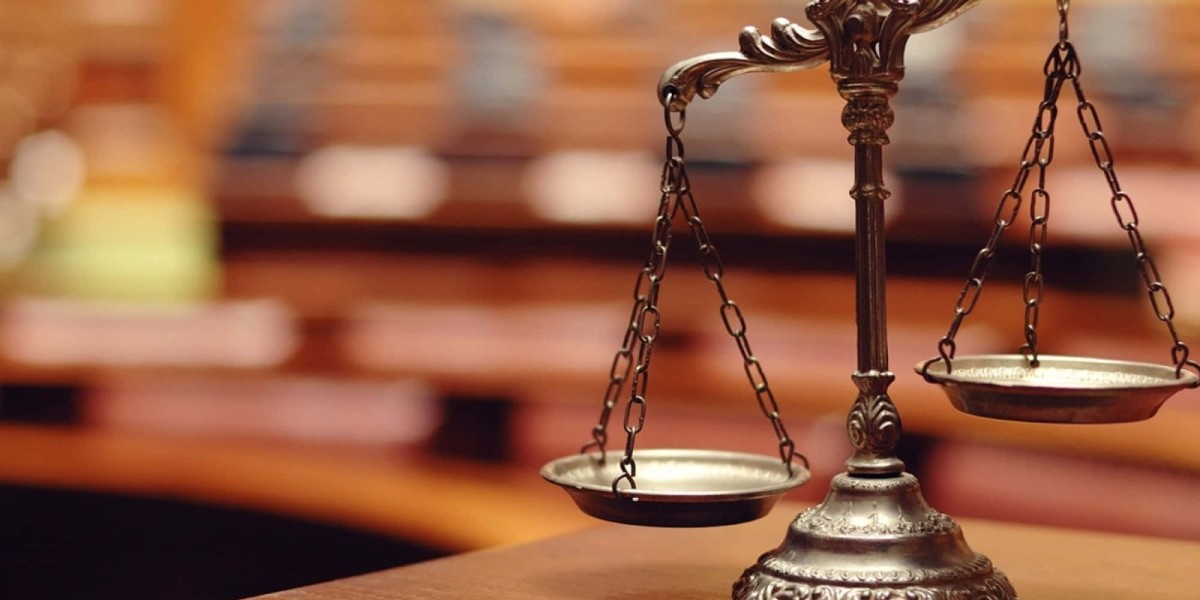In the realm of legal protections, a "protective order in Virginia" serves as a critical tool for safeguarding individuals facing threats, harassment, or domestic violence. This legal mechanism empowers individuals to seek court-issued orders designed to shield them from potential harm, ensuring a safer environment in the Commonwealth of Virginia.
What is a Protective Order?
A protective order, often referred to as a restraining order, is a legal document issued by a court to protect an individual from harm or harassment. In Virginia, these orders are specifically designed to address various situations, including domestic violence, stalking, or threats of bodily harm.
Types of Protective Orders in Virginia
Virginia recognizes several types of protective orders, each tailored to specific circumstances. The primary types include:
Emergency Protective Orders (EPO): These orders are typically issued by law enforcement officers in emergency situations to provide immediate protection. EPOs are short-term and may last up to 72 hours.
Preliminary Protective Orders (PPO): PPOs are issued by a magistrate or judge and provide protection for up to 15 days. They are commonly issued during the initial stages of a legal proceeding.
Full Protective Orders: Also known as Permanent Protective Orders, these orders offer more extended protection and can last up to two years or more, depending on the circumstances. Full protective orders are typically issued after a court hearing where evidence is presented.
Grounds for Obtaining a Protective Order in Virginia
Individuals seeking a protective order in Virginia must demonstrate that they have experienced or are at risk of experiencing:
Family Abuse: Physical harm, bodily injury, or the fear of imminent harm inflicted by a family or household member.
Stalking: Unwanted and repeated attention, communication, or contact that causes substantial emotional distress.
Sexual Assault: Acts of non-consensual sexual conduct that warrant legal protection.
The Process of Obtaining a Protective Order
Filing a Petition: The process begins with the filing of a petition for a protective order. This can be done at a local courthouse during regular business hours or through a magistrate during non-business hours.
Court Hearing: If the petition is approved, a court hearing is scheduled. At the hearing, the petitioner presents evidence and testimony supporting the need for a protective order.
Issuance of Protective Order: If the court finds sufficient evidence, it may issue a protective order tailored to the specific circumstances of the case.
Service of Order: Law enforcement is responsible for serving the protective order to the respondent, informing them of the terms and restrictions imposed.
Terms and Conditions of Protective Orders
Protective orders in Virginia typically include provisions such as:
No Contact: Direct or indirect contact with the petitioner is prohibited.
Stay-Away: The respondent is required to stay away from specified locations, such as the petitioner's residence, workplace, or school.
Custody and Visitation Restrictions: In cases involving family abuse, the court may address issues related to child custody and visitation.
Firearms Restrictions: The court may order the respondent to surrender firearms or prohibit the purchase or possession of firearms during the duration of the protective order.
Violating a Protective Order: Legal Consequences
Violating the terms of a protective order in Virginia carries serious legal consequences. Consequences may include fines, imprisonment, or both, depending on the nature and severity of the violation.
Renewal and Modification of Protective Orders
Protective orders in Virginia are not permanent but can be renewed or modified based on changing circumstances. Individuals seeking extensions or adjustments to existing orders must file a motion with the court.
Conclusion
In conclusion, protective order in Virginia play a crucial role in providing legal safeguards for individuals facing threats, harassment, or domestic violence. Understanding the different types of orders, the grounds for obtaining them, and the legal processes involved empowers individuals to take proactive steps towards their safety. Whether seeking an Emergency Protective Order for immediate relief or pursuing a Full Protective Order for a more extended duration, the legal mechanisms in Virginia aim to create a safer environment for those in need of protection.








